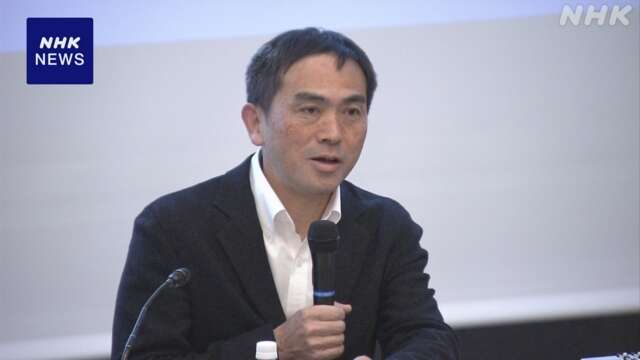TOKYO, Jan 29 (News On Japan) - A research team from the University of Tokyo has announced the successful development of a "quantum bit" with the ability to correct computational errors caused by malfunctions, which are considered essential for the practical application of next-generation computers known as quantum computers.

The team, including Professor Akira Furusawa from the University of Tokyo, who is advancing research on quantum computers utilizing light, has published a paper in an American scientific journal stating their success in equipping quantum bits, which carry out computations, with error correction capabilities by manipulating the state of light pulses. This achievement is seen as a significant step forward towards the practical use of quantum computers that operate with light.
Quantum computers, which are expected to be the next generation of computers due to their vastly superior computational power, are susceptible to noise from the surrounding environment, leading to malfunctions. Therefore, the ability to correct errors during computations, known as "error correction," is considered one of the essential challenges for their practical application. If the error correction function of these quantum bits can be further improved, it could significantly reduce computational errors more efficiently than other types of quantum computers, raising the prospect of bringing light-based quantum computers to a practical level of application in the future.
Professor Furusawa described the achievement as "a paradigm shift that demonstrates an entirely new method and marks a milestone in the development of quantum computers using light."
Source: NHK


 by
by 












